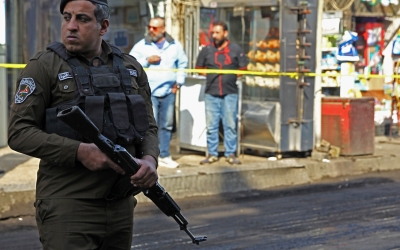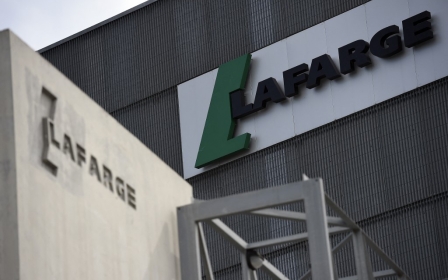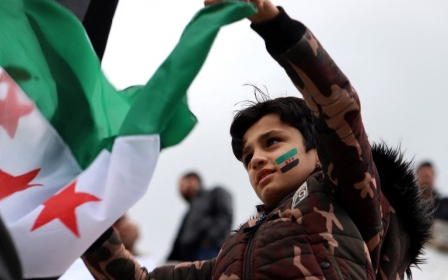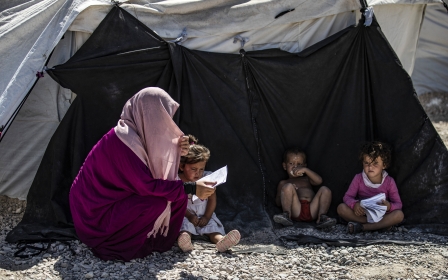France court postpones decision on Lafarge-Islamic State case
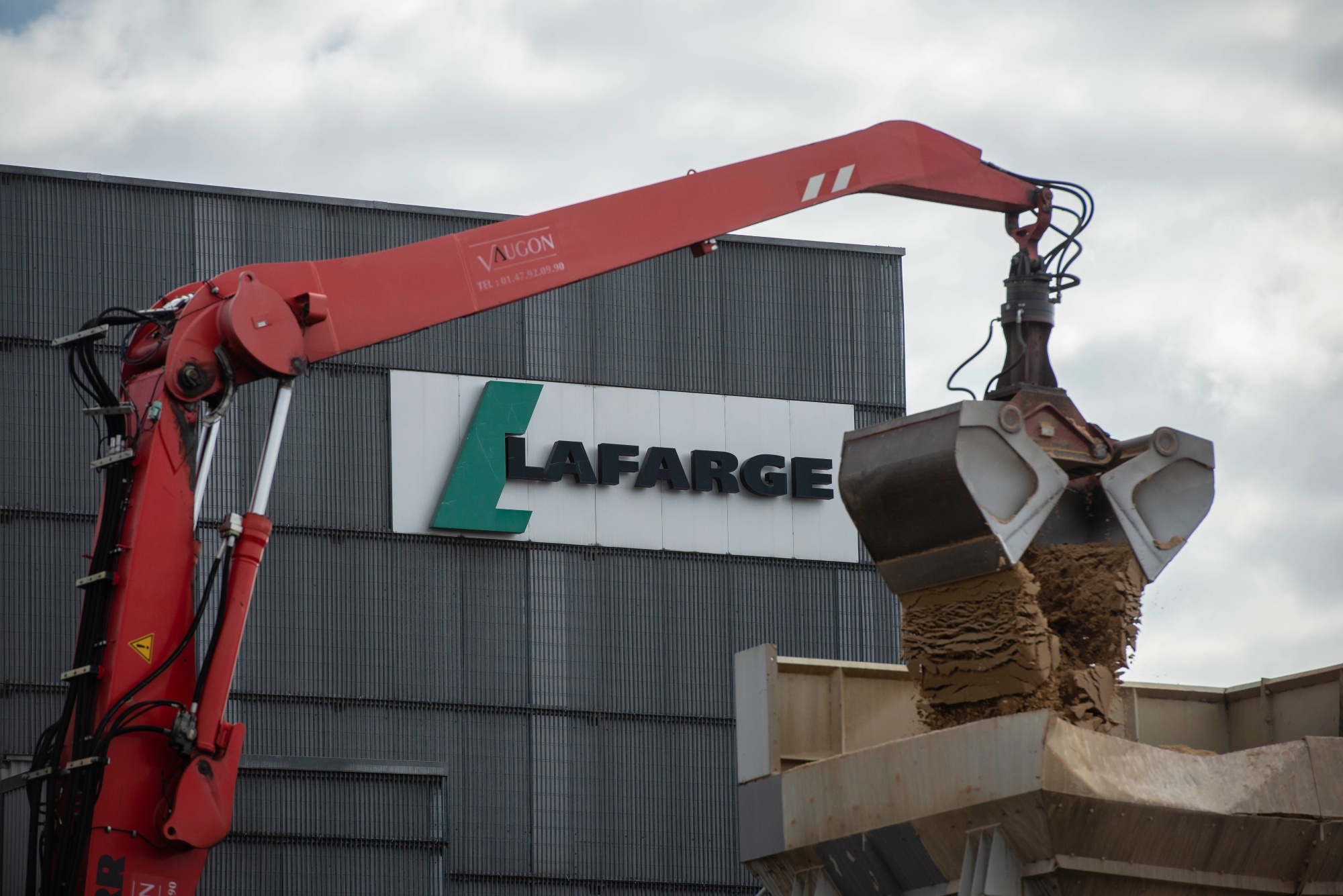
One of France’s highest courts has postponed its decision on whether to uphold charges against French industrial giant Lafarge, regarding payments the company made to the Islamic State (IS) group and other militant organisations at the height of IS’s control of large swathes of northeastern Syria.
The Court of Cassation was due on Thursday to respond to an appeal by Lafarge and two former high-ranking employees, who had called for the charges of "financing a terrorist organisation", "violating an embargo" and endangering the lives of employees, to be dropped.
The court was also scheduled to consider an appeal by several rights groups and 11 former employees of the cement company, who objected to the fact that charges of “complicity in crimes against humanity” were dropped by a court of appeals in November 2019, calling for them to be reinstated against Lafarge.
However, French media reported that the court’s decision had been postponed to 7 September.
Money for cement
Lafarge stands accused of paying IS and other armed groups sums amounting to nearly 13m euros ($15.3m) between 2013 and 2014 in exchange for letting its cement factory in Jalabiya, located some 150 kms northeast of Aleppo, continue production despite Syria sinking further into armed conflict at the time.
Lafarge is also suspected of having sold cement to IS, which controlled large swathes of territory in Syria and Iraq between 2013 and 2019, as well as paying intermediaries to purchase raw materials from militant groups.
French daily Le Monde first reported on Lafarge’s payments to IS in June 2016, leading France’s finance and economy ministry to lodge a complaint three months later over the company's violation of a European Union embargo on oil purchases from Syria.
An official investigation opened into the activities of Lafarge - which rebranded as LafargeHolcim following a merger in 2015 - in 2017, before the company was first charged, in 2018.
The cement giant has rejected responsibility in the case, claiming that the payments were made by its local subsidiary, Lafarge Cement Syria (LCS).
Sherpa and the European Centre for Constitutional and Human Rights (ECCHR), the two rights groups appealing for the crimes against humanity charges to be included once again, had been dropped from the lists of plaintiffs in the case by an appeals court in October 2019.
The human rights organisations have objected to their removal as plaintiffs, arguing that the move has stripped them of access to the files in the legal case, as well as their ability to request investigation actions from judges or compensation.
'Well aware of the conditions'
On Tuesday, French newspaper Liberation revealed that a document classified as “confidential defence” and dated August 2014, showed that the General Directorate of External Security (DGSE), France’s foreign intelligence agency, was “well aware of the conditions under which Lafarge maintained its activity in Syria in territory partly occupied by the Islamic State".
This document was authored at least two months before IS seized Lafarge’s cement factory, putting an end to its activities, and two years before Le Monde’s revelations.
The conflict in Syria has killed at least 500,000 people since it started in 2011 with the brutal repression of peaceful demonstrations by the forces of Syrian President Bashar al-Assad.
Thousands of foreigners travelled to Syria and Iraq during the height of the Islamic State’s so-called caliphate, which spanned parts of both countries.
While IS lost control of these territories in 2019, the fate of foreigners detained in camps, the majority of whom are women and children, has remained a lingering question for many countries - including France - reluctant to repatriate citizens who may have had ties to the militant group.
Middle East Eye propose une couverture et une analyse indépendantes et incomparables du Moyen-Orient, de l’Afrique du Nord et d’autres régions du monde. Pour en savoir plus sur la reprise de ce contenu et les frais qui s’appliquent, veuillez remplir ce formulaire [en anglais]. Pour en savoir plus sur MEE, cliquez ici [en anglais].


